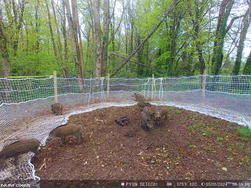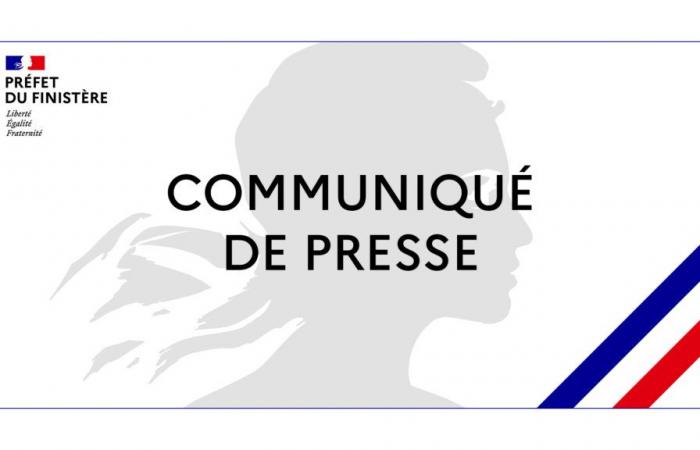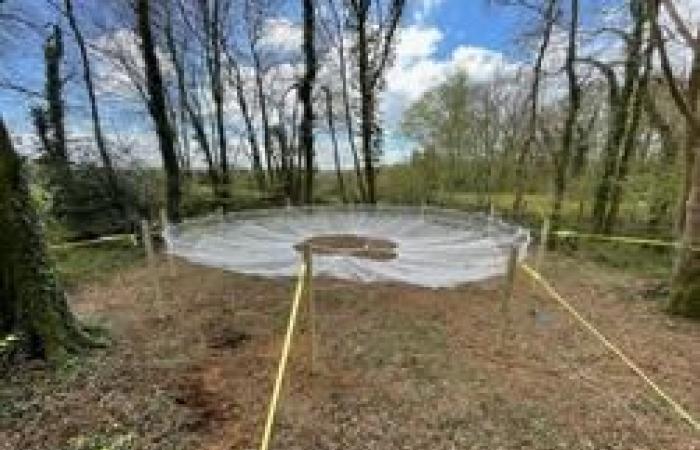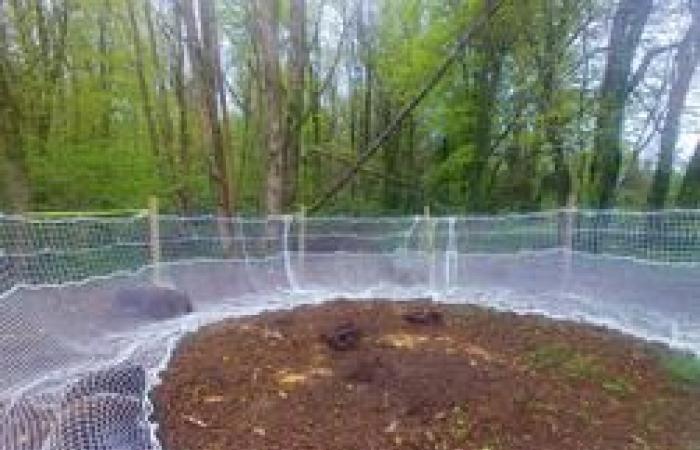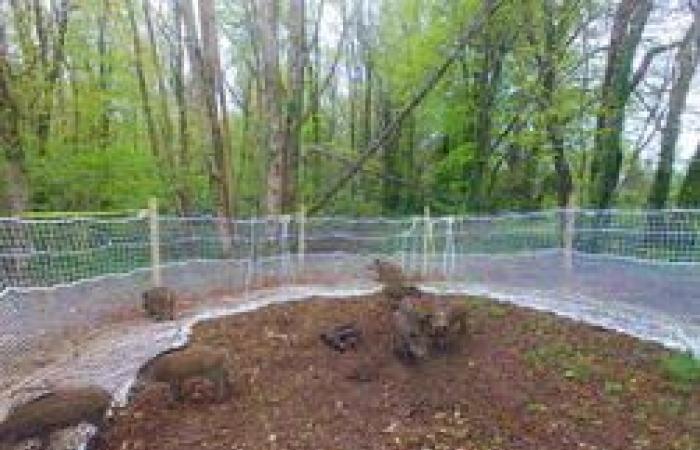Updated on 19/11/2024
Faced with the observation of the strong growth in the wild boar population in Finistère, the increasingly significant damage they cause on agricultural areas, the threats they pose to the safety of people (in particular road risk) and the risk spread of certain diseases and zoonoses, the prefect of Finistère brought together all the stakeholders concerned (professional agricultural organizations, hunters' federation, AMF 29, etc.) on Monday November 18 afternoon to agree together on the most appropriate measures to regulate this species.
Hunting remains the main lever for regulating wild boar populations. For the record, the wild boar, classified as a “species likely to cause damage” (ESOD), is not a protected species and can be hunted until March 31, 2025. Upon proof of proven damage, the lieutenants of louveterie, placed under the authority of the prefect, can also be mobilized, to assess the situation and intervene in an appropriate manner via administrative searches or night shooting (only louveterie lieutenants are authorized to carry out these shootings at night). It is also up to hunting companies to voluntarily participate in this regulation within their hunting territories. A joint letter from the prefect, the presidents of the AMF and the AMRF and the departmental federation of hunters of Finistère will be sent to them to this effect.
In addition to these measures, wild boar trapping is possible in all municipalities in the department. The prefect believes that this solution can contribute to controlling wild boar populations, whether in peri-urban areas or in heavily predated agricultural areas. This trapping, strictly supervised, can be carried out with selective traps such as cage traps, trap enclosures, falling net devices (see illustrations below). Approved trappers trained for this purpose and holding a valid hunting license will be able to implement it under cover of an individual authorization issued by the DDTM
departmental directorate of territories and the sea from Finistère. The Finistère Hunters' Federation, responsible for providing this specific training and supervising operations, has already provided the first training courses. The question of evacuating animals thus trapped and then slaughtered was also raised in conjunction with community representatives. It was agreed that the prefect, the presidents of the AMF and the AMRF will contact the presidents of the EPCI
Public Establishment for Intercommunal Cooperation on this subject.
Installing a falling net trap (unarmored) – step 1
Progression of wild boars in the reinforced net – stage 2
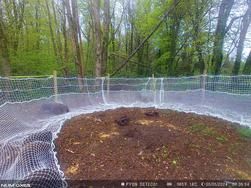
Wild boars trapped – step 3
